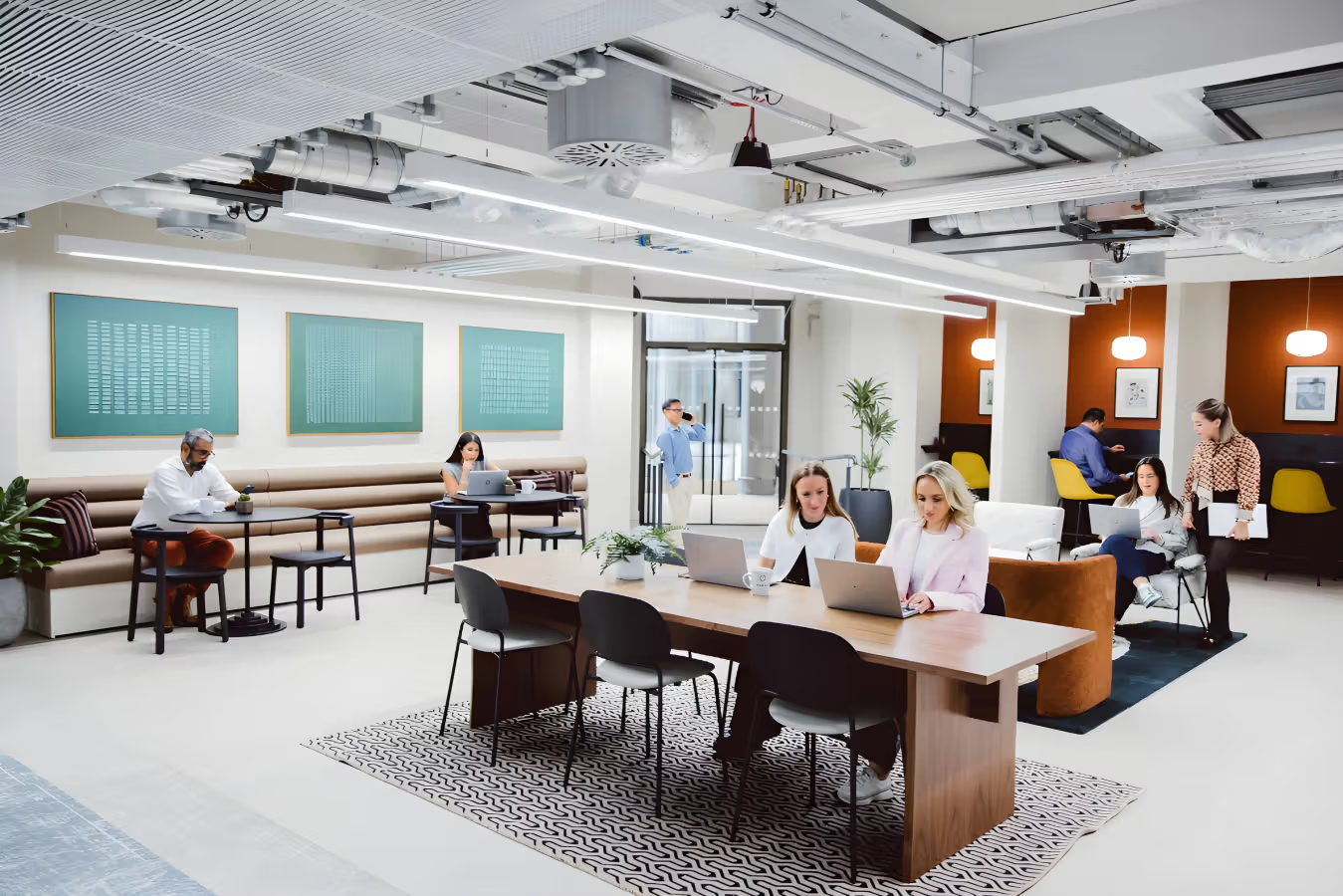
The Future of Flexible Workspace of Singapore in 2026 and Beyond
Last Update: 4 November, 2025•Read: 5 minutes
Singapore’s flexible workspace market is undergoing an important transformation as businesses increasingly adopt hybrid and remote work models. Modern coworking and managed office spaces are evolving to offer adaptable, tech-enabled environments that support collaboration and productivity. Operators are investing in innovative solutions, including smart technologies, wellness-focused amenities, and sustainable design.
These changes are reshaping how professionals interact with workspaces, making flexibility and convenience central to the office experience. As a result, Singapore is emerging as a regional leader in next-generation work environments, setting the standard for the future of work in Asia.
In this blog, you will explore the future of flexible workspaces in Singapore in 2026 and beyond. Read on!
These changes are reshaping how professionals interact with workspaces, making flexibility and convenience central to the office experience. As a result, Singapore is emerging as a regional leader in next-generation work environments, setting the standard for the future of work in Asia.
In this blog, you will explore the future of flexible workspaces in Singapore in 2026 and beyond. Read on!
We are the US's No. 1 marketplace for serviced, coworking, and shared office space.
Get personalized recommendations, arrange tours, and secure the best deals — all at no cost.